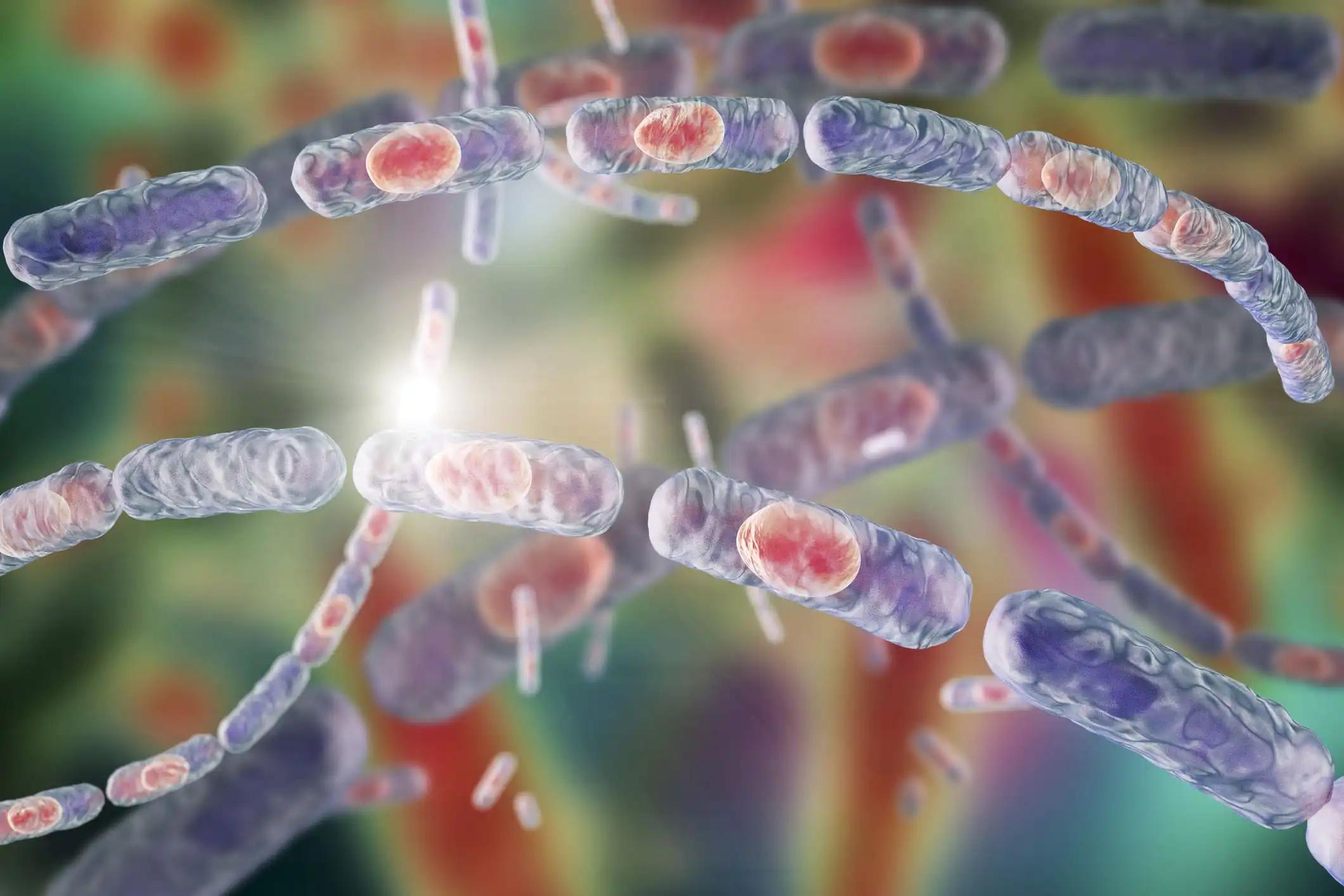KEY TAKEAWAYS
- Phase III trial (NCT02730299) compared HRQL changes between omidubicel and UCB groups in allogeneic hematopoietic stem cell transplant patients.
- The primary aim was to assess the impact of omidubicel on HRQL domains, including physical, social/family, functional, and emotional well-being, and overall HRQL.
- Mixed effect models with repeated measures were used to analyze HRQL changes from baseline, adjusting for baseline characteristics.
- Omidubicel was associated with HRQL for physical and functional well-being domains, exceeding minimal clinically important differences, and a numerically superior EQ-5D-3L.
Omidubicel is an innovative cell therapy made from a single UCB unit that is properly matched for HLA purposes and utilized for allogeneic hematopoietic stem cell transplant to maximize cell homing, engraftment, and self-renewal. In the Phase III randomized experiment, omidubicel transplantation resulted in better outcomes in terms of hematopoietic recovery, length of hospital stay, and incidence of bacterial, viral, and invasive fungal infections compared to UCB (NCT02730299). In this study, we compared HRQL improvements between treatment groups.
Human resource quality of life (HRQL) assessments from baseline and at least one follow-up visit were evaluated for patients treated according to the protocol. Results were measured at 42, 100, 180, and 365 days post-transplant using the EQ-5D-3L index score (a general measure of overall HRQL) and the Functional Assessment of Cancer Treatment General (FACT-G) domain scores for physical, social/family, functional, and emotional well-being. Adjusting for age, sex, race, area, primary diagnosis, HCT grade, and HRQL score at baseline, researchers used mixed effect models with repeated measures to assess HRQL changes between therapy groups. The area under the curve (AUC) of the mean HRQL trajectories in each treatment group was used to compare the average HRQL across time.
Baseline HRQL data were available for 75 participants (omidubicel n=37, UCB n=38) and were considered typical of the entire randomized group (N=125). The median age was 38; women comprised 41% of the sample. Mean differences across time points ranged from 1.4–3.1 for physical well-being, 0–1.3 for social/family well-being, 0.5–1.4 for emotional well-being, 1.6–3.2 for functional well-being, and 0.03-0.09 for the EQ-5D-3L index in omidubicel-treated patients compared to UCB in the first year after transplantation. Mean physical and functional well-being (MCIDs = 2 units) and EQ-5D-3L (MCID = 0.07 units) exceeded MCID thresholds at > 1-time point. On day 42, both groups experienced a drop in HRQL. However, the omidubicel group’s decline was quantitatively less than the UCB group’s. Patients who received omidubicel had statistically significant improvements in HRQL for the physical and functional well-being domains over the first year after transplantation (P0.05 for comparison of AUCs).
Important HRQL domains were more likely to be preserved or improved with omidubicel compared to UCB, along with a quicker time to engraftment, shorter hospitalizations, and lower infection risk.
Source:https://tandem.confex.com/tandem/2022/meetingapp.cgi/Paper/19591
Clinical Trial:https://clinicaltrials.gov/ct2/show/NCT02730299
Horwitz, M. E., Sajeev, G., Stiff, P., Brunstein, C. G., Sanz, G., Lindemans, C. A., Rezvani, A. R., Hanna, R., Koh, L. P., Maziarz, R. T., Hwang, W. Y. K., Song, Y., Liu, Q., Manghani, R., Sivaraman, S., Signorovitch, J., & Galamidi-Cohen, E. (2022, April 24). Health-Related Quality of Life (HRQL) Following Transplantation with Omidubicel Versus Umbilical Cord Blood (UCB) in Patients with Hematologic Malignancies: Results from a Phase III Randomized, Multicenter Study. Tandem.confex.com; Tandem Meetings.



